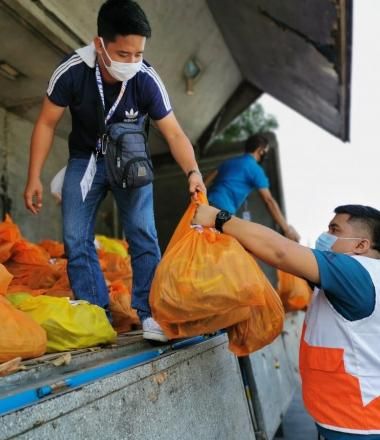
Our Approach
Although clearly unique, our response was based on decades of experience and what we have learned responding to previous disease outbreaks, including Cholera in Haiti, the Zika virus and Ebola outbreaks in both West Africa and more recently the Democratic Republic of Congo and includes:
Our Approach
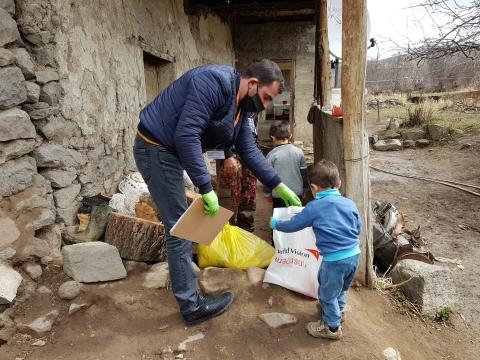
Using our global reach
With an active presence in over 90 countries and more than 37,000 staff, we have an established presence, extensive networks
Within this global effort, World Vision’s COVID-19 Response exceeded our goal of reaching 72 million people, and we continue to implement programmes to help the most vulnerable children.
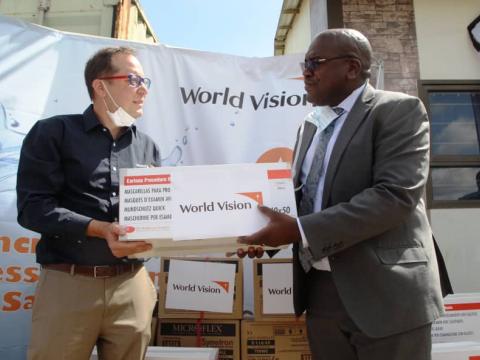
Leveraging our local partnerships
Because of our extensive 70-year history serving the world’s most vulnerable through transformational development and long
We have been focusing on transformational development and therefore have effective relationships and long-term commitment to communities, civil society and local governments and extensive networks of
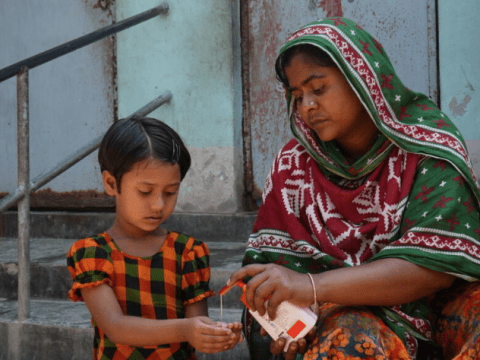
Reaching the most vulnerable
Existing humanitarian needs will grow exponentially across many counties.
Millions of children are displaced, living in urban poverty, conflict or large, overcrowded areas, with limited access to health care. Children may not be the most at risk from the virus, but hundreds
Being an influential voice for vulnerable children
Through its advocacy, public engagement, and partnerships World Vision has been able to inform global and national
Strengthening the voices of children and civil society, active advocacy, and engagement with decision makers is at the heart of World Vision’s COVID-19 Response. Jointly tackling the challenges and
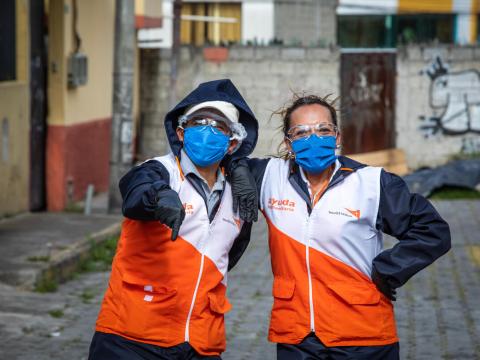
Adapting to a new way of working
This is one of the largest responses we have ever undertaken. It requires new ways of working: agility, flexibility, use of
To support this, we draw on our unique fragile context programme approach (FCPA) to enhance our adaptive programming, agility, and innovation on initiatives, such as the Collaborative Cash Delivery
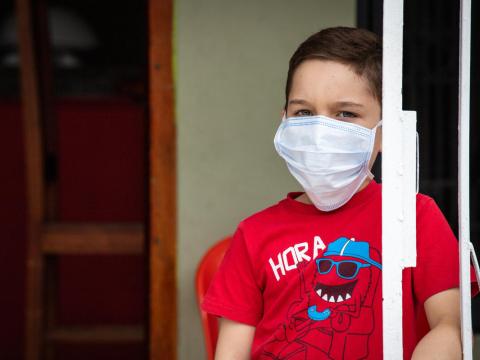
Addressing the indirect impacts of COVID-19 on children
We are allocating more than half of our US$350 million appeal to programming that urgently addresses the indirect impacts of
Initial analysis indicates that indirect impacts of COVID-19 will hit communities harder than the disease itself.
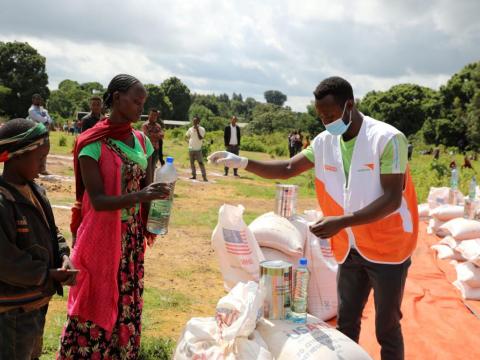
Working with Partners
Around the world, our dedicated staff are implementing health, education, livelihood, and food security programmes in more